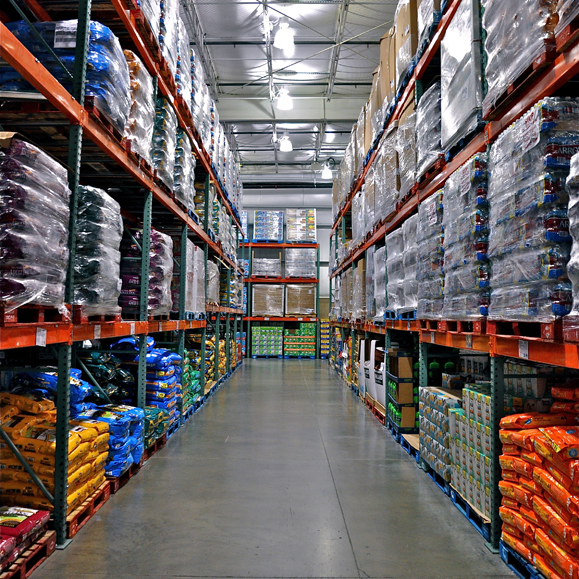How many times in a month do you go to the supermarket? Do you often find yourself having to buy something or the other a couple of times a month (excluding perishables)? Then this article is for you. There are considerable savings to be made to both your wallet and your time by buying things in bulk as opposed to making frequent visits to the supermarket to buy the items in small quantities. Let’s look at this through Sally’s story.
Sally usually finds herself at the supermarket at least two times a week. Some of the items she usually finds herself running out of very quickly in her household are cooking oil and detergent. After an analysis of her spending, Sally found that she would go to the supermarket at least twice every month to replace these items. Each time she would buy 1 Kg of detergent at approximately Kes 220 and 2 litres of cooking oil at Kes 432. I asked her to find out what the cost of buying the same brands in bigger quantities was, and she found out that it would cost Kes 720 for 3.5 kgs of the detergent and Kes 1,015 for 5 litres of oil. Effectively if she bought in these larger quantities she would pay Kes 203 per litre of oil (as opposed to Kes 216) and Kes 205 per kg of detergent (as opposed to Kes 220). She is saving about 13-14 shillings per Kg of detergent and per litre of oil by buying in bulk.
Put yourself in Sally’s shoes and use the same principle to many other items that you buy. In a year you can save significant amounts of money. One of my clients estimates that she now saves about Kes 25,000 per year by buying certain items in bulk as well as reducing the visits to the supermarket hence reduced transport costs. I challenge you for your next supermarket visit to go with a calculator and test this principle out. We often shy away from the bigger items because of the upfront costs. In the above example of oil, definitely spending Kes 1,015 in one go is harder than Kes 432. However remember to always break this down to a unit price e.g. the effective price per litre, per kg, per gram, per item etc to know whether you are getting a price advantage. Even though it might not be possible in one month to replace all your items in bulk, you can opt to do different items in different months. Then over the course of a couple of months you will find that you have replaced a good number of the important items. Sometimes it does not work for all products or brands but remember you are also saving on transport costs and time to the supermarket.
Remember you will also need to set boundaries for usage in your household so that people understand that having more is not about freedom to indulge and consume more. In essence we need move away from looking at prices just at face value and understand the value we are getting with a higher upfront cost. Cheap may in fact be the expensive option.
Waceke Nduati- Omanga
The author teaches personal financial management. Find her at www.centonomy.com


Here is a way I learnt. More often than not, it is not we women (read owners of the house) that do the cleaning or washing or even cooking. A lot of us have the househelps to do it and they cannot choose what we buy. Hence, down a trip to Eastleigh, maringo kando, you stop at a shop/kiosk. You will be amazed that they have sooo many of the household stuff that we use and at a much cheaper cost. If you buy per the dozen, they will be sure to give you a fantastic discount.
What struck me as the best deal is this 10kg washing powder. In August last year, I spent 850 bob on it. Earlier this year, I spent 950 bob on the same. I am pretty sure that its probably 1200 now. but that translates to 120 bob per kg of detergent.
Fine it does not lather as fast but it does get the clothes cleaned up.
Interesting views Winnie.